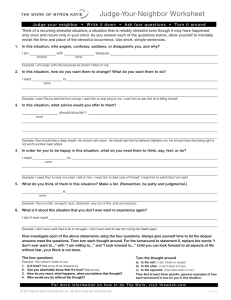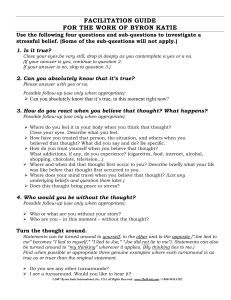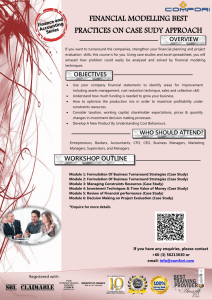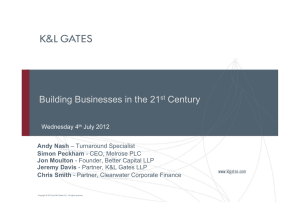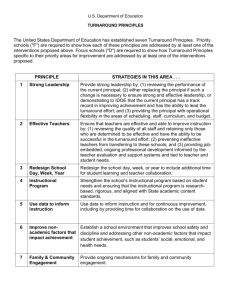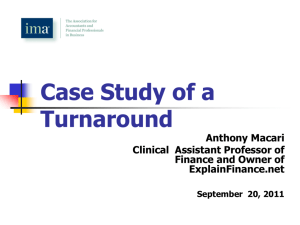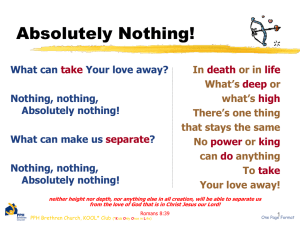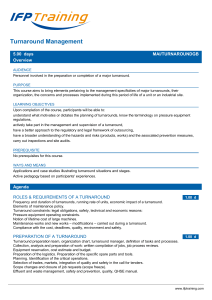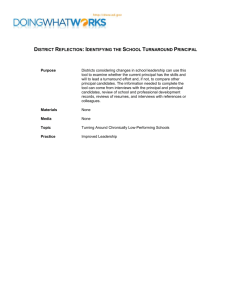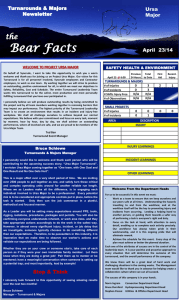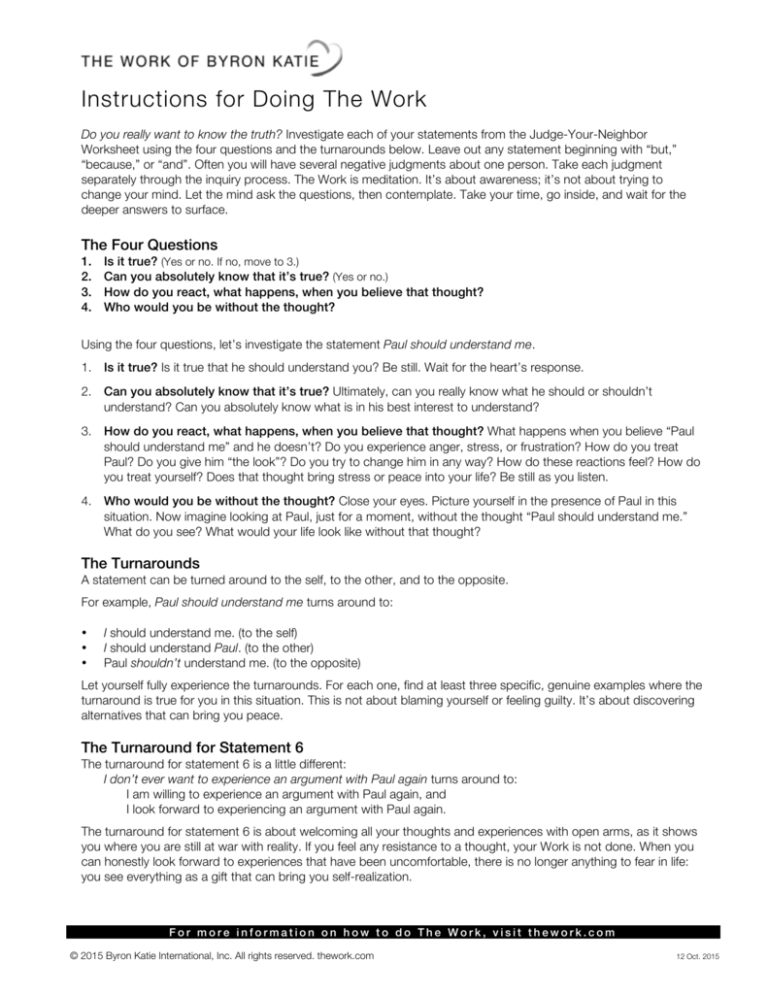
Instructions for Doing The Work
Do you really want to know the truth? Investigate each of your statements from the Judge-Your-Neighbor
Worksheet using the four questions and the turnarounds below. Leave out any statement beginning with “but,”
“because,” or “and”. Often you will have several negative judgments about one person. Take each judgment
separately through the inquiry process. The Work is meditation. It’s about awareness; it’s not about trying to
change your mind. Let the mind ask the questions, then contemplate. Take your time, go inside, and wait for the
deeper answers to surface.
The Four Questions
1.
2.
3.
4.
Is it true? (Yes or no. If no, move to 3.)
Can you absolutely know that it’s true? (Yes or no.)
How do you react, what happens, when you believe that thought?
Who would you be without the thought?
Using the four questions, let’s investigate the statement Paul should understand me.
1. Is it true? Is it true that he should understand you? Be still. Wait for the heart’s response.
2. Can you absolutely know that it’s true? Ultimately, can you really know what he should or shouldn’t
understand? Can you absolutely know what is in his best interest to understand?
3. How do you react, what happens, when you believe that thought? What happens when you believe “Paul
should understand me” and he doesn’t? Do you experience anger, stress, or frustration? How do you treat
Paul? Do you give him “the look”? Do you try to change him in any way? How do these reactions feel? How do
you treat yourself? Does that thought bring stress or peace into your life? Be still as you listen.
4. Who would you be without the thought? Close your eyes. Picture yourself in the presence of Paul in this
situation. Now imagine looking at Paul, just for a moment, without the thought “Paul should understand me.”
What do you see? What would your life look like without that thought?
The Turnarounds
A statement can be turned around to the self, to the other, and to the opposite.
For example, Paul should understand me turns around to:
•
•
•
I should understand me. (to the self)
I should understand Paul. (to the other)
Paul shouldn’t understand me. (to the opposite)
Let yourself fully experience the turnarounds. For each one, find at least three specific, genuine examples where the
turnaround is true for you in this situation. This is not about blaming yourself or feeling guilty. It’s about discovering
alternatives that can bring you peace.
The Turnaround for Statement 6
The turnaround for statement 6 is a little different:
I don’t ever want to experience an argument with Paul again turns around to:
I am willing to experience an argument with Paul again, and
I look forward to experiencing an argument with Paul again.
The turnaround for statement 6 is about welcoming all your thoughts and experiences with open arms, as it shows
you where you are still at war with reality. If you feel any resistance to a thought, your Work is not done. When you
can honestly look forward to experiences that have been uncomfortable, there is no longer anything to fear in life:
you see everything as a gift that can bring you self-realization.
For more information on how to do The Work, visit thework.com
© 2015 Byron Katie International, Inc. All rights reserved. thework.com
12 Oct. 2015


